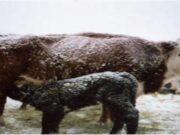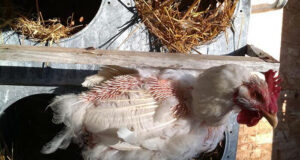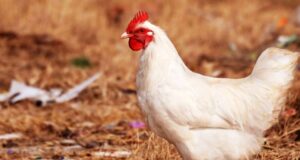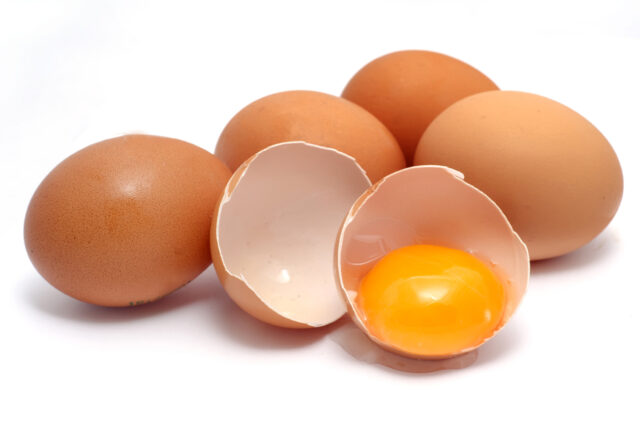
Eggs are a good source of high-quality protein, fats, vitamins, minerals, and trace elements. Eggs contain all nutrition that is essential for the development of a chick. It also can be called super food present on the planet. It’s a myth that an egg is a non-vegan product. Milk is synthesized from udder glands, utilizing nutrition from animal tissue. One egg is also produced by utilizing animal tissue. One who does not have an objection to drinking milk should not have an objection to eating eggs. Some vegan people think eggs have a life so should not be consumed. The eggs produced for consumption are lifeless and cannot be grown in a chick. The eggs are available on market at cheap rates when nutritional content is compared with other products.
In India, malnutrition will subside in a short time if poor people start including eggs in their diet. Only one egg provides 80Kcal, vitamin A, D, and minerals like iron, and phosphorus in a good amount that is more than milk and other protein products on a weight and price basis. The egg protein contains all the essential amino acid that is needed for complete protein. Therefore, when the quality of protein is evaluated for any product the egg protein is taken as a standard. The egg is a source of protein and is available at an affordable price. Therefore, an egg should be utilized in such a way that it is available to all sections of society. The summer and humid season is the peak season of egg production. The shelf life of an egg is very short. The most nutritious food also seems too sweet for microorganisms.
Therefore, deteriorated quickly if attached to the invasion of microorganisms. The shell of the egg is a natural protection of its content, but sometimes it may get cracked or highly contaminated and microorganisms get a way to invade and spoil its nutritional quality. Moreover, the eggs in their peak season can be converted into different products. Even the shell of eggs can also be utilized.
Egg Quality- the egg quality does not depend on the color and size of the egg. The color and size of the egg depend on the breed of hen. The egg quality depends upon several factors given below.
- External factors- the external factors mainly depend on the condition of the eggshell. The extremely dirty shell with a high microbial load, lower its shelf life.
- Internal factors- the egg quality deteriorates as given below
- As the size of the air-cell increases
- Egg albumin becomes thinner
- Egg yolk tends to drift off from the central position
- Egg yolk should be free from blood spots, embryonic development, and mold growth.
The egg quality can be evaluated at home by dropping them in water, if the egg sinks then the egg is considered good. Upon breaking the egg, the quality can be evaluated with the egg albumin and yolk index. The yolk should be centered and holds its position. Commercially, the egg quality is evaluated by candling. In candling, the egg is held up in a light source in a dark room and is viewed in silhouette while rotating. The candling reveals the crack in the eggshell, size of the air cell, firmness of egg albumin, position and mobility of yolk, and presence of foreign substances. Moreover, the grading of eggs is done, based on size and quality which are independent of each other.
Egg Products
The shelf life of eggs can be increased several times by making different products from the egg in its peak season.
- Egg powder- egg powder is produced by spray drying and keeps best when the moisture content is low. Therefore, it should be stored in an airtight container below 50C. Egg powder shows objectionable changes in color, flavor, odor, and solubility if storage temperature exceeds 5oC. it can be used in the preparation of different types of recipes.
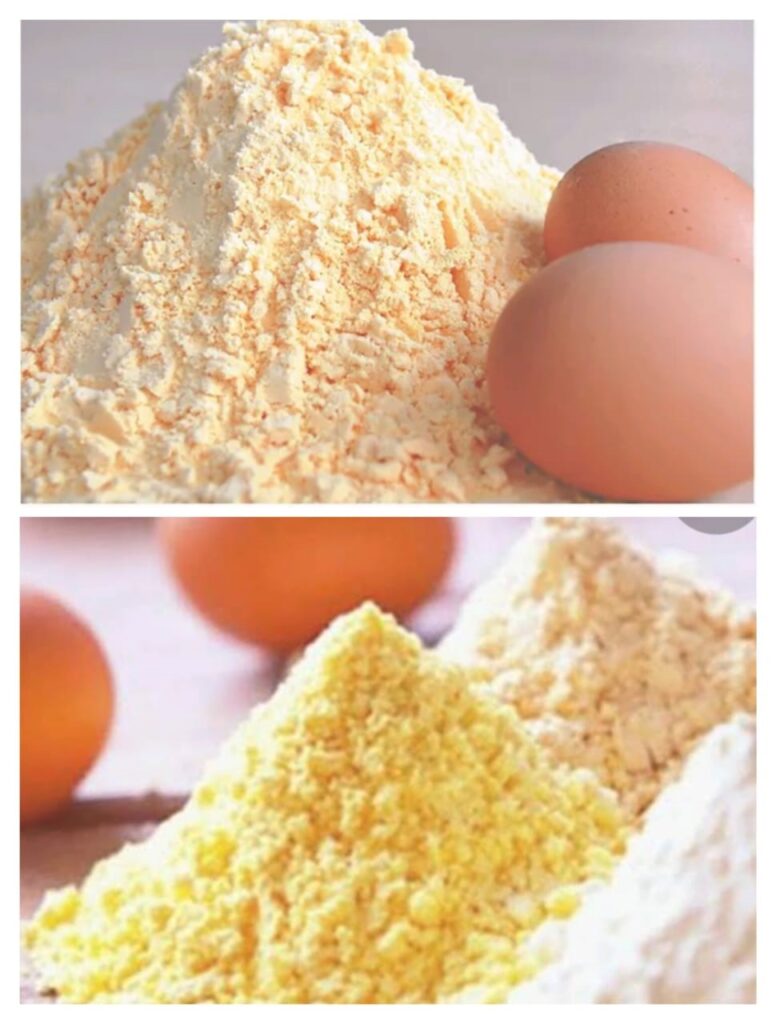
2. Egg albumin flakes- the egg albumin flakes are prepared after the separation of egg white from the yolk. The separated egg white is further fermented with glucose oxidase to remove traces of glucose which might react with egg protein and cause undesirable browning in flakes.

3. Calcium tablet/powder- High-quality eggshell contains 27 essential micronutrients with calcium carbonates, a form/structure that is much similar to our bones and teeth. The eggshell calcium consumption shows increased bone density, less arthritic pain, and even cartilage growth.
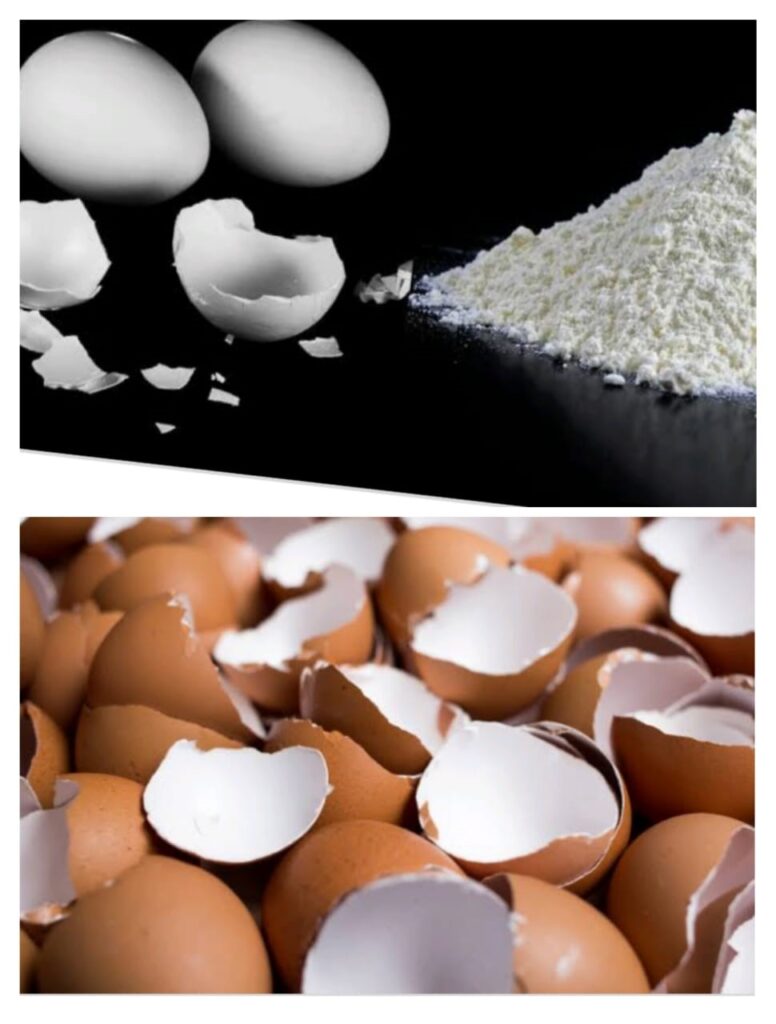
4. Frozen egg products- these categories include egg white, egg yolk, salted yolk, sugared yolk, salted whole yolk, sugared whole yolk, and many types of blends with or without sugar or salt. These products have a shelf life of one year under frozen conditions. These products are produced for commercial uses in the food industry.
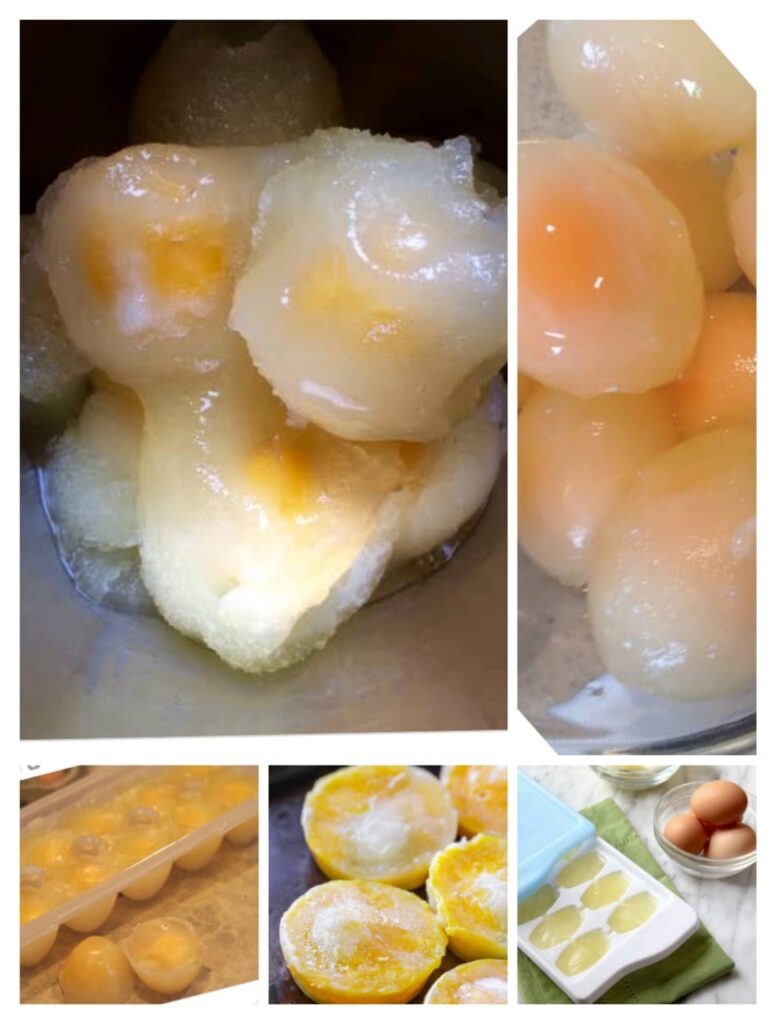
Author:

Dr. Suman Soni
Regional Agmark Laboratory
Directorate of Marketing and Inspection,
Ministry of Agriculture and Farmer’s welfare
Amritsar, Punjab
